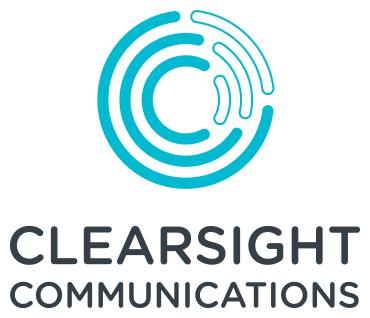
“All successful networking is dependent on two key things: reciprocity and curiosity.”
― Phyllis Weiss Haserot
Unlike many people I enjoy networking, but it certainly wasn’t always the case. Now I’m happy to go into a room to meet people whether I know them beforehand or not. When I first began networking I found the experience particularly daunting. Generally I coped by helping set up the room, hanging around with someone I knew, standing silently in a group and frequent visits to the bathroom to calm my nerves.
After a while I began to learn the value of listening. Appearing at least to be interested rather than trying to be interesting served me better. I even went as far as compiling a list of stock open-ended questions to use at events so that people would talk to me, avoid dead air and ensure I didn’t look like Billy-No-Mates! Being willing to ask questions also had another benefit. It made me more approachable as people saw that I was willing to engage and listen. It also transpired that I was sometimes asking questions which others wanted to but felt too awkward to ask. It saved them from appearing foolish as they saw it. For me it meant I learnt something new and my often naïve questions often prompted fresh reflection on the part of the speaker.
It began to dawn on me that many others were also uncomfortable in the situation. As I paid more attention to listening and observing it became apparent that quite a few individuals in virtually every gathering were making small talk to fill the silence rather than speaking to connect. Many will also gravitate towards those they already know. If those individuals are speaking to someone new it presents the opportunity of a fresh introduction. Otherwise why not introduce yourself to someone you haven’t met and learn about them? You may be able to help them directly or indirectly which will benefit them and make you look good.
In preparing myself to enter a room I have several key points to remember:
- It’s often a good idea if you’re new to arrive early and help the organizers setup. It makes you look good and provides you with immediate introductions.
- If possible get a list of registered attendees beforehand and target specific people to meet. Bear in mind you’re not looking initially to sell anything but to arrange a meeting.
- Make sure to follow up on all such introductions within 48 hours at most.
- Bring a buddy if you’re nervous and speak to other attendees about each other. Promoting the interests of someone else may be easier than speaking about oneself.
- Keep your questions concise but open and demonstrate that you are listening.
- Stand tall when entering the room, make eye contact and smile – always remember to smile!
- Know why you’re there, move around, meet the people you want to meet and learn to effectively and politely disengage!
If you like this article feel free to share it.
Joseph McGuire is the owner of Clearsight Communications who provide personal evaluation services and training in the areas of senior level recruitment/promotion, negotiations, sales communications and HR. He is also the author of the recently published book Face Facts:The Art of Reading Your Clients and Prospects for Sales, Negotiation and Recruitment’. Now available:
https://clearsightcommunications.com/face-facts-book
Individual consultation sessions are available both in person and via Skype. He is also in demand for group training and presentations, private functions and conferences. Contact: joseph@clearsightcommunications.com
Or call: + 353-(0)87-246 1853

